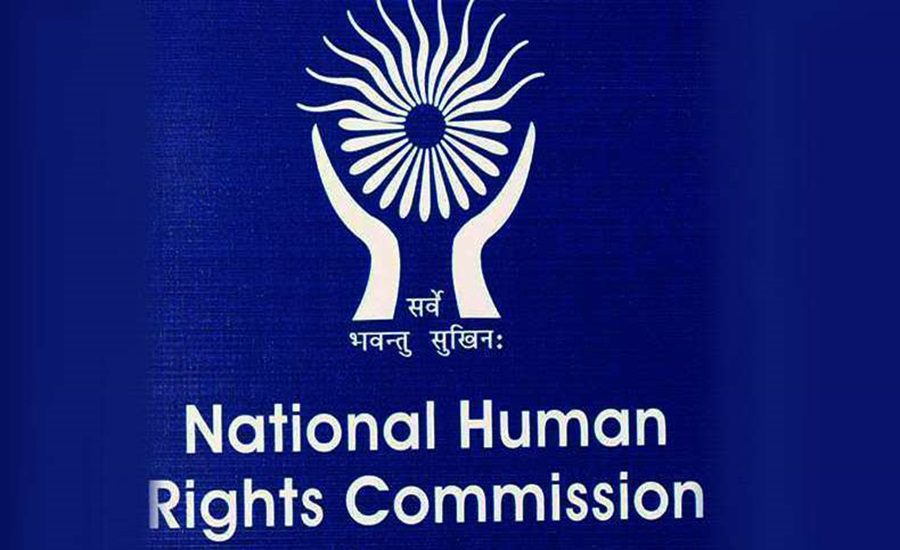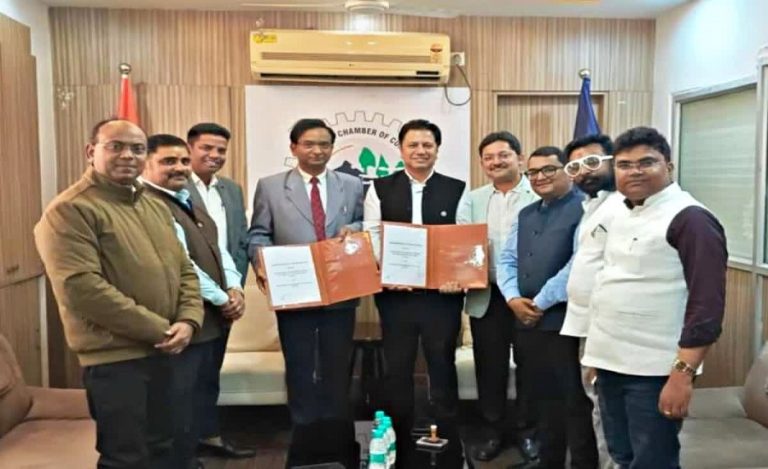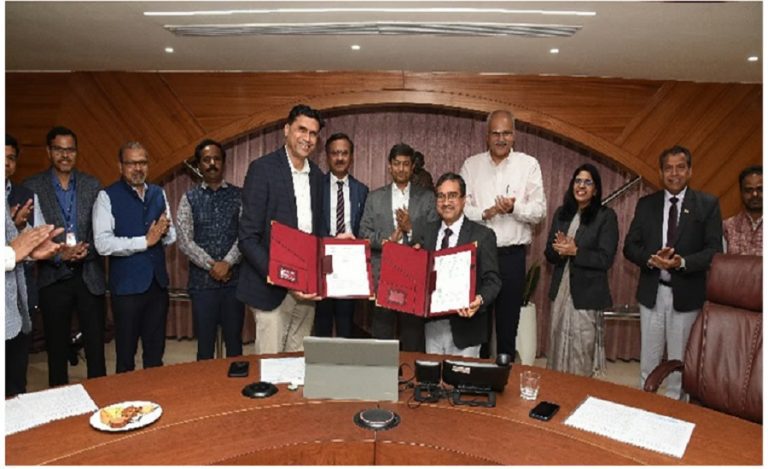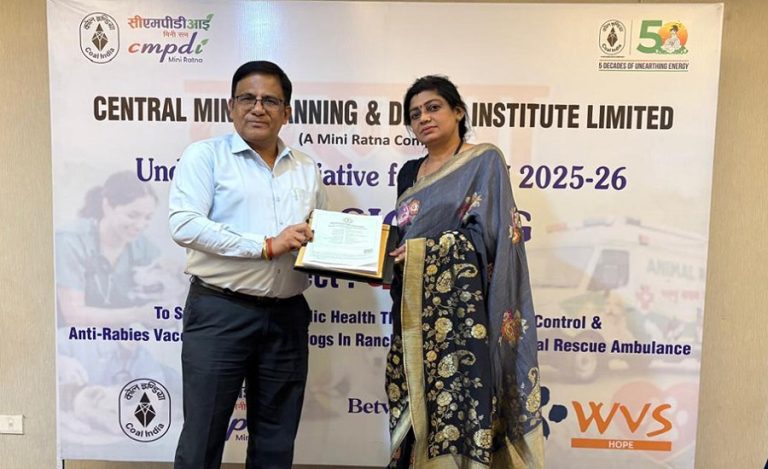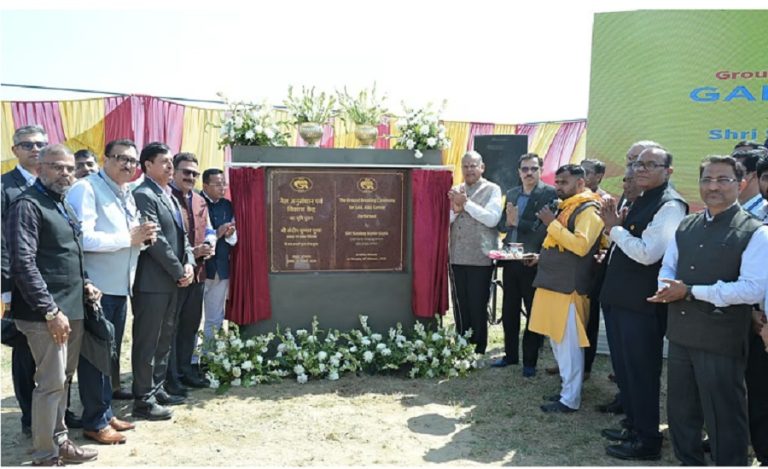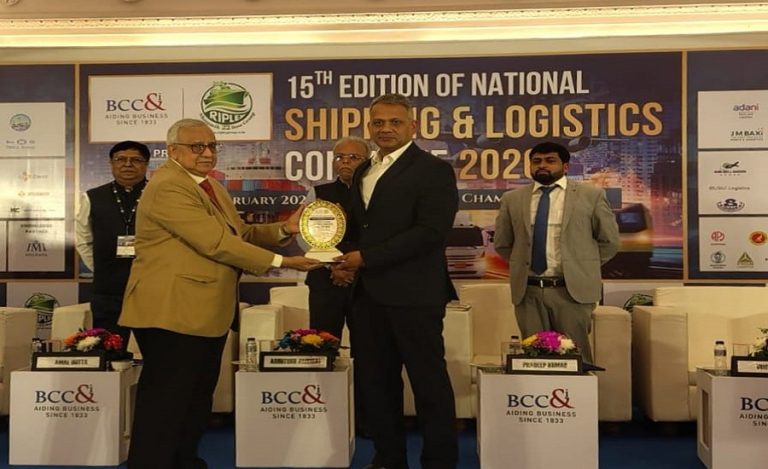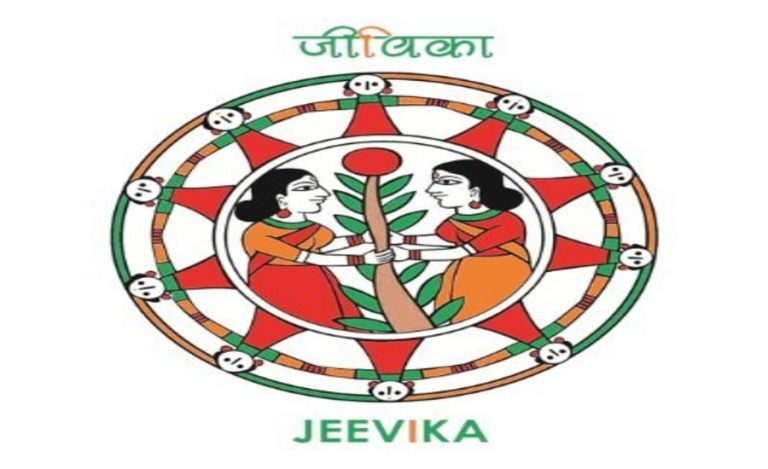The National Human Rights Commission (NHRC), India, organized an open house discussion in hybrid mode on the theme, “Dignity and Liberty of Individuals – Rights of Manual Scavengers,” at its premises in New Delhi.
The event aimed to address the challenges faced by manual scavengers and discuss measures to ensure their dignity and rights.
The discussion was chaired by NHRC Chairperson Justice V. Ramasubramanian, in the presence of Members Ms. Vijaya Bharathi Sayani and Justice (Dr.) Bidyut Ranjan Sarangi, Secretary General Mr. Bharat Lal (1988-batch IAS officer), and other senior officials. Representatives from various ministries, state governments, NGOs, human rights defenders, UN agencies, private organizations, and research scholars participated in the deliberations.
Justice Ramasubramanian noted that manual scavenging is an issue being addressed through legislative, executive, and judicial measures. However, he expressed concern over the continued deaths of sanitation workers despite laws prohibiting the manual cleaning of sewage and hazardous waste. He stressed the importance of understanding the root causes of these issues to propose effective solutions.
He also recommended initiating a pilot project employing technology and robotics for cleaning sewer lines and septic tanks. This project could be implemented in one state initially and, based on its success, replicated across the country.
Mr. Bharat Lal, NHRC Secretary General, emphasized the Commission’s focus on mechanized cleaning processes and highlighted steps taken by various states in this direction. He referred to a Supreme Court directive in the Dr. Balram Singh vs. Union of India & Ors. case, which led to the preparation of three-year action plans by Urban Local Bodies in several states. He also underscored the disproportionate impact of manual scavenging on marginalized castes and communities.
Earlier, NHRC Joint Secretary Mr. Devendra Kumar Nim (1993-batch IP&TA&FS officer) provided an overview of the event’s three technical sessions:
- Addressing deaths in septic and sewer tanks.
- Advocating for a complete ban on manual scavenging.
- Rehabilitation measures for manual scavengers to ensure dignity and empowerment.
Expert Contributions
The event featured insights from experts, including Mr. Prabhat Kumar Singh, Managing Director of the National Safai Karamcharis Finance & Development Corporation; Mr. Bezwada Wilson, National Convenor of Safai Karamchari Andolan; and Mr. Sujoy Majumdar, Senior WASH Specialist at UNICEF India. Other notable speakers included representatives from Genrobotics Innovations, the International Labour Organisation, and NITI Aayog, among others.
Key Recommendations
The following suggestions emerged from the discussions:
- Strengthen ground-level monitoring and representation for effective welfare implementation.
- Conduct surveys to ensure proper rehabilitation and fair wages.
- Clearly distinguish between sanitation workers and manual scavengers under the 2013 Act.
- Incentivize mechanization and provide training, focusing on empowering women-led self-help groups.
- Improve transparency in data collection on manual scavenging and sewer-related deaths.
- Provide capacity-building training and safety gear for workers.
- Offer financial assistance for technological innovations in hazardous waste management.
- Regulate desludging market operations.
- Organize awareness workshops and campaigns under SBM and NAMASTE schemes.
- Create a monitoring mechanism to identify manual scavengers and maintain a database for health insurance, education, and other benefits.
Way Forward
The NHRC will deliberate on these recommendations to bridge gaps in legal and policy implementation. The ultimate goal is to eradicate manual scavenging, ensure safe working conditions, and rehabilitate affected individuals, thereby upholding their dignity and rights.

